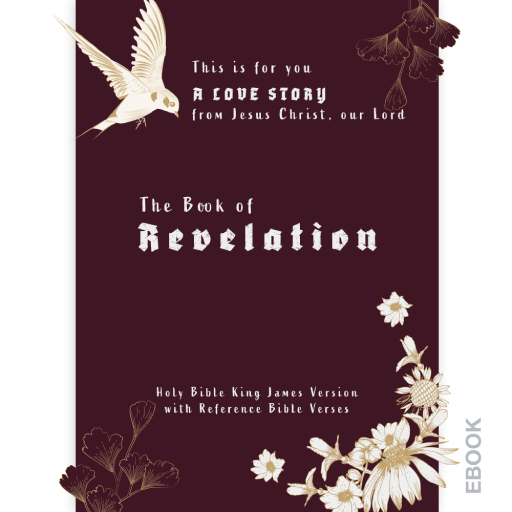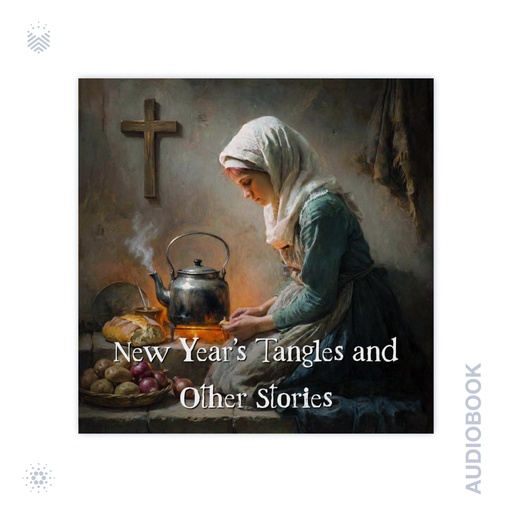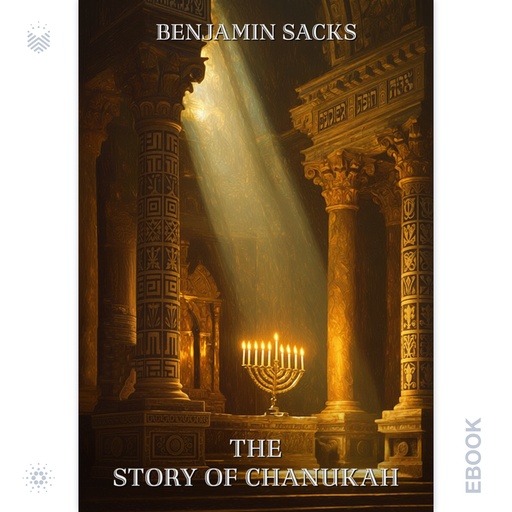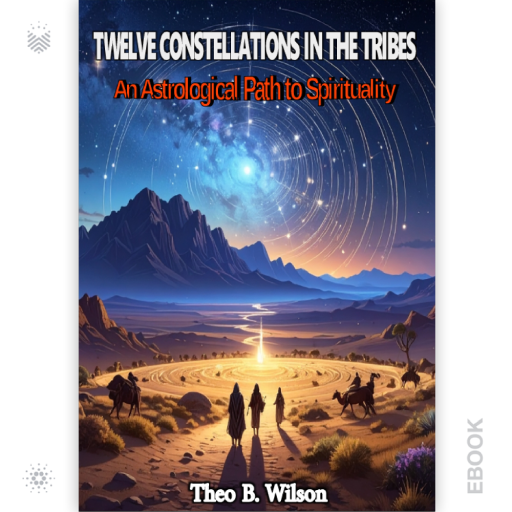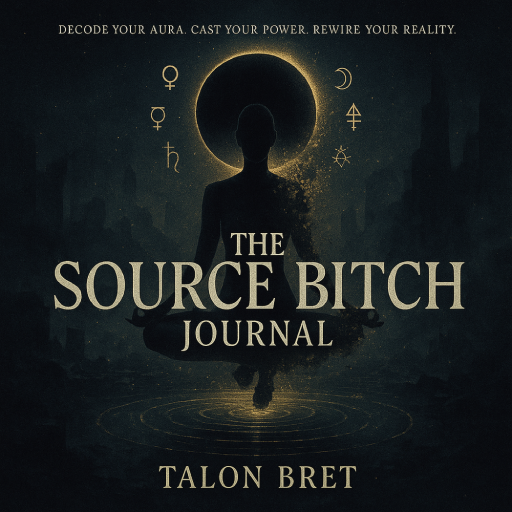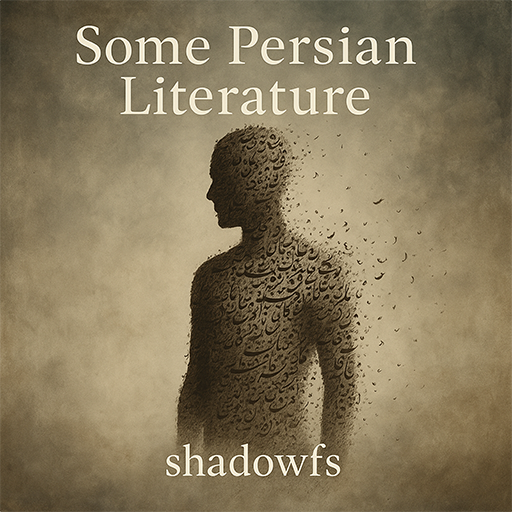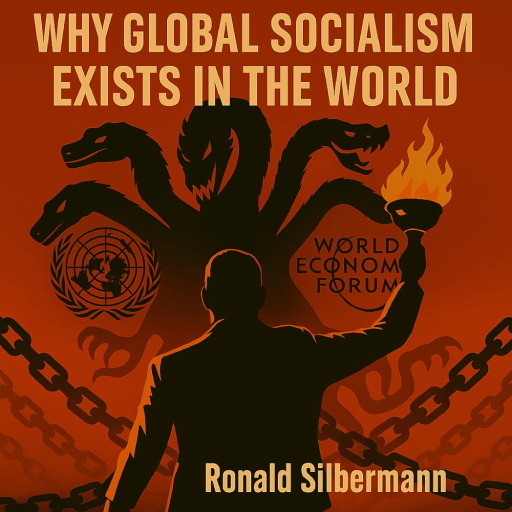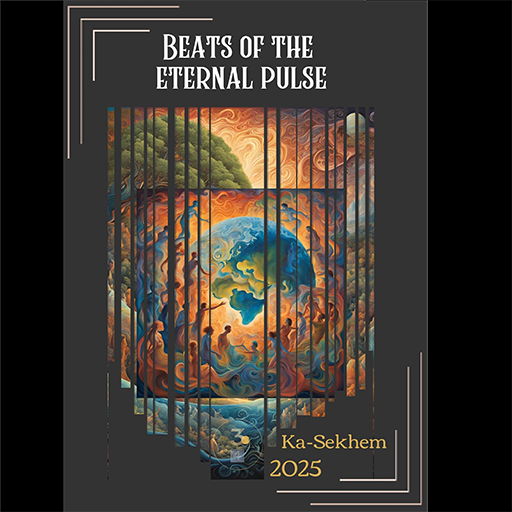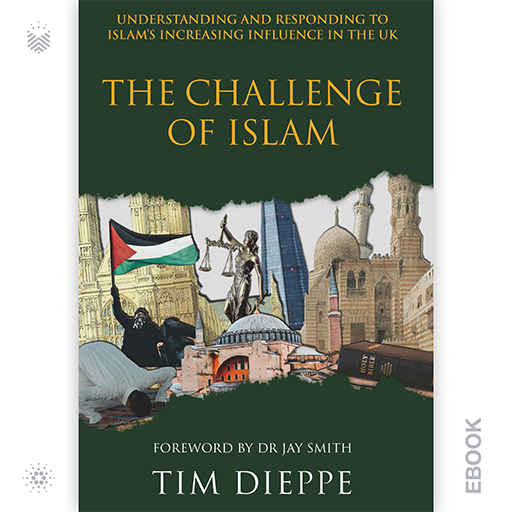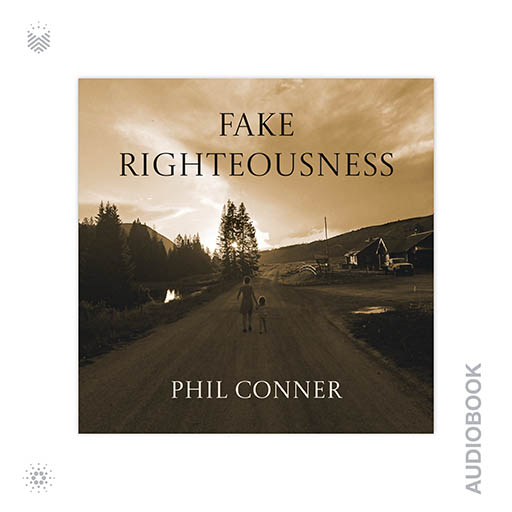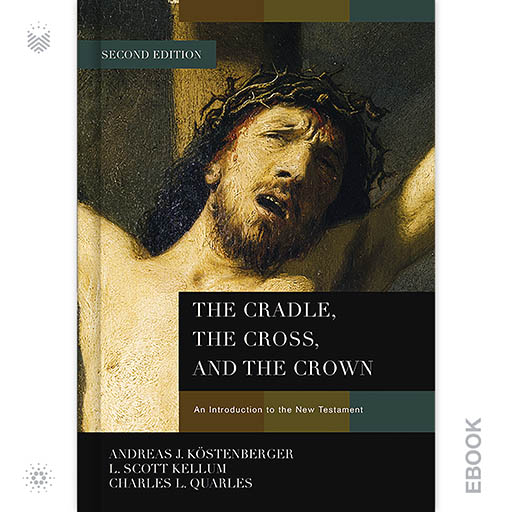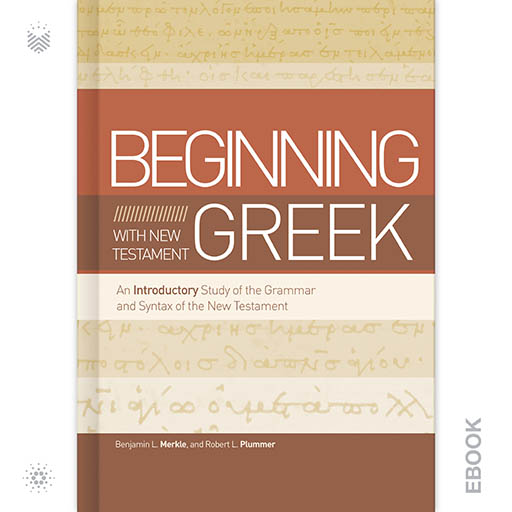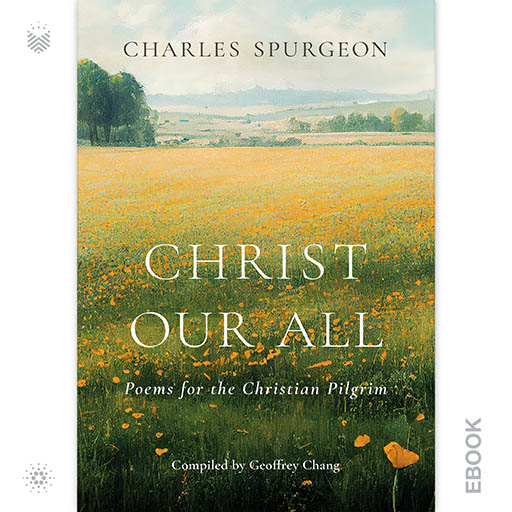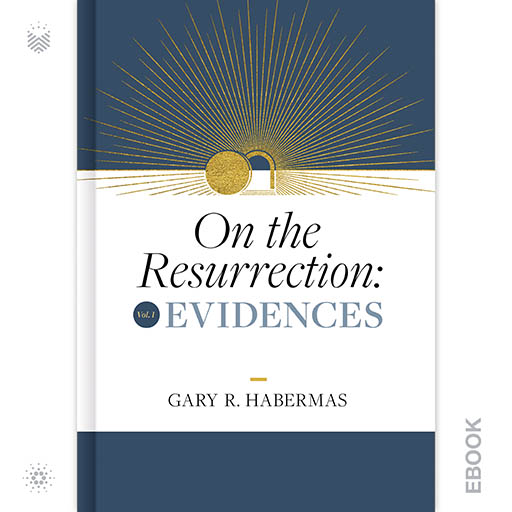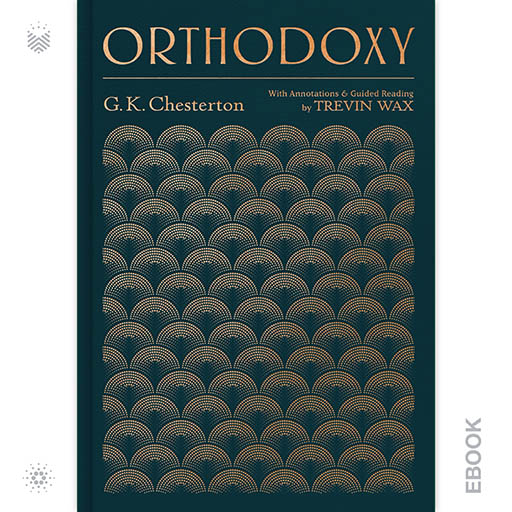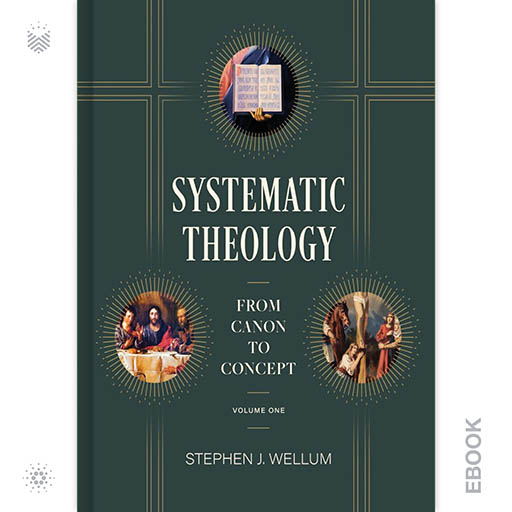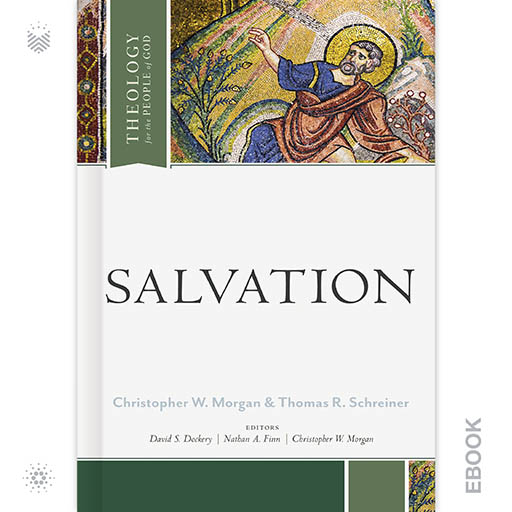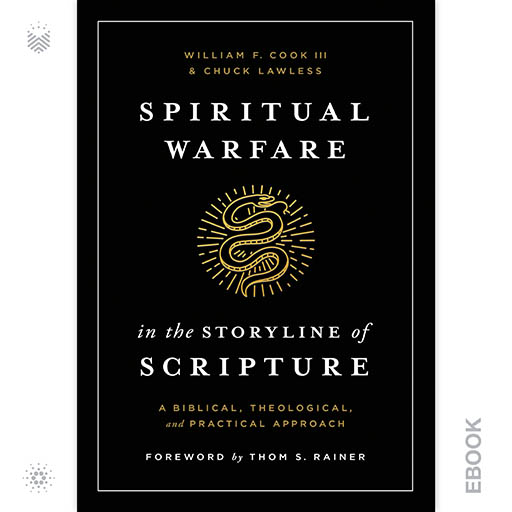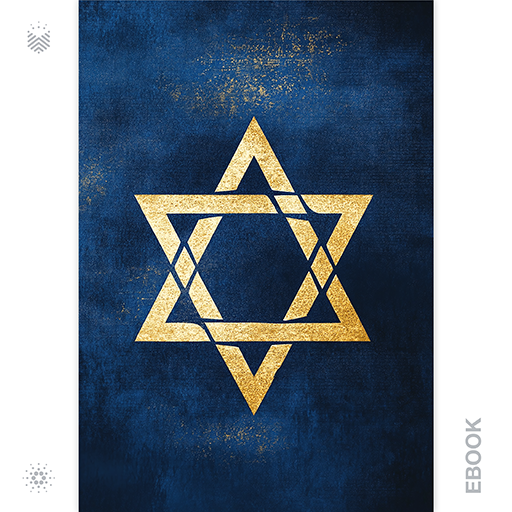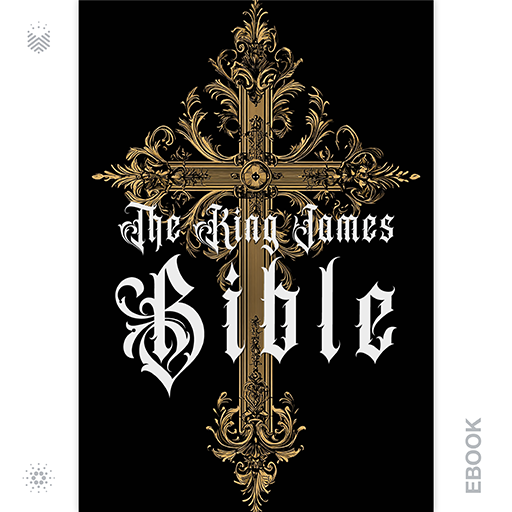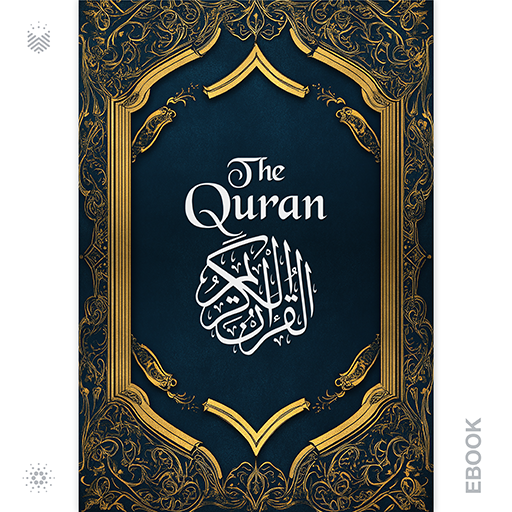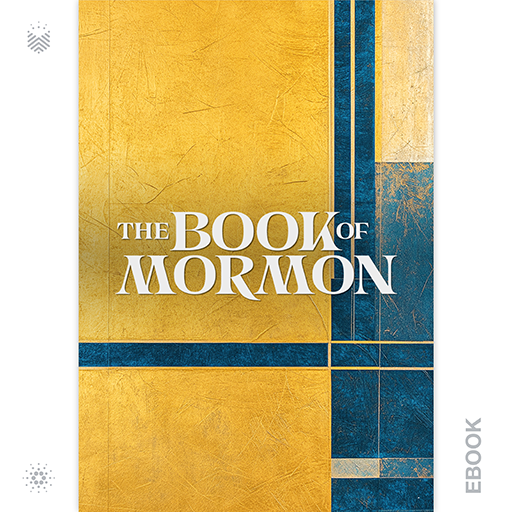by Suzy Kang
The Book of Revelation with Cross Reference Read More
by Pansy
New Year’s Tangles and Other Stories presents a rich blend of short tales and reflections that explore beginnings, relationships, and everyday moments tied to the spirit of the New Year. Readers encounter a variety of narratives that mix fictional episodes with observations drawn from life and faith. The book invites thoughtful reflection on hope, challenge, and personal growth around a season of renewal.… Read More
by Benjamin Sacks
The Story of Chanukah recounts the dramatic origins of the Jewish Festival of Lights through a vivid historical narrative. Benjamin Sacks presents how, under the oppressive rule of Antiochus IV and the ensuing struggle led by Mattathias and his sons—most famously Judas Maccabeus—the Jewish people reclaimed their right to worship freely and restored the desecrated Temple in Jerusalem. This work connects the courageous military struggle and the miracle of the menorah’s oil to the enduring tr… Read More
by Theo B. Wilson
In this book we explore the twelve astrological signs as they relate to ancient stories, myths and other writings. In doing so we will witness the true purpose of the Astrological signs. Read More
by Talon Bret
Source Bitch is a raw, ritual-infused journal designed for soul rebels, creators, and multidimensional thinkers. Through guided prompts and energetic frameworks, it helps you deprogram inherited limitations, tap into your inner oracle(higher self), and write the code of your own reality.
This eBook contains adult contents that may not be suitable for all readers. Discretion is advised. Recommended for mature audiences only.… Read More
by ShadowFS
What lies before you is the result of two decades of inner turmoil and personal experience—an Iranian’s journey from the dawn of youth to the present moment—poured onto the page bilingually with a touch of passion and a modest dose of talent, in the form of poetry and literary prose. Read More
by Ronald Silbermann
A pragmatic guide for free minds in a manipulated world.
This book dismantles the myth of progress, exposes global socialism’s true machinery, and offers a clear path to reclaim truth, identity, and sovereignty—before it’s too late.
If you still think for yourself, this is your manual. Read More
by Ka-Sekhem
"Beats of the Eternal Pulse" is a collection of sixteen NFT poems, where esoteric wisdom meets surreal art. Inspired by AI generated art and ancient philosophy, these verses explore life’s rhythms, duality, growth, and transcendence. Paired with abstract visuals in the colors of the seven planes. Own a piece of this cosmic journey. Read More
by Tim Dieppe
The influence of Islam in the UK is growing rapidly and can be seen in politics, in finance, in fashion, in food, in restrictions on freedom of expression, and in many other areas. Islam is bold and assertive and openly pushing for greater influence across the nation. There can be no doubt that this poses a challenge to Christians in the UK. How will we respond? In this book, Tim Dieppe outlines the scope of the challenge and includes various essays that he has written about the nature of Islam … Read More
by Friedrich Nietzsche
Thus Spake Zarathustra translated from Thus Spoke Zarathustra is a philosophical novel written by the German philosopher Friedrich Nietzsche, published in four parts between 1883 and 1885. It is written in the form of a prose poem and is considered one of Nietzsche's most significant and challenging works. Read More
by Phil Conner
You have accepted Jesus as your Savior. So what?
Many of us grew up in a Christian home, so we know right from wrong. We have an inkling of the 10 commandments. Sure, we try to be good and do the best we can most of the time. But there's still a nagging voice inside: Will I ever be good enough?
How much should I give?
What must I do to be saved?
I am a Christian, so why do I still feel so much anxiety?… Read More
by Andreas Köstenberger, Charles L. Quarles
The Cradle, the Cross, and the Crown thoroughly introduces all twenty-seven New Testament books and closely examines Christ’s incarnation and virgin birth, the heart of His ministry shown so vividly in the Gospels’ Passion Narratives, and the triumphant return of Jesus and our eternal reign with Him as depicted in Revelation. Read More
by Anthony L. Chute, Nathan Finn
The Baptist Story is a narrative history of a diverse group of people spanning over four centuries, living among distinct cultures on separate continents, while finding their common identity in Christ and expressing their faith as Baptists. Read More
by Benjamin L. Merkle, Robert L. Plummer
Beginning with New Testament Greek is a user-friendly textbook for elementary Greek courses at the college or seminary level. Read More
by Charles Spurgeon, Geoffrey Chang (Editor)
Compiled by Spurgeon scholar Geoffrey Chang, Christ Our All is a collection of 186 never-before-published poems penned by Charles Spurgeon, as well as 43 poems and hymns published during his lifetime. Read More
by Gary R. Habermas
The first volume of Gary Habermas’s magnum opus, On the Resurrection: Evidences represents the culmination of fifty years of research on the probability of Jesus’s resurrection. Read More
by Stephen J. Wellum
Stephen Wellum’s Systematic Theology, Volume One is a Trinitarian, reformational, and baptistic systematic theology committed to serious evangelical engagement with the Scriptures. Building on decades of research, Wellum formulates doctrine exegetically, covenantally, and canonically for a new generation of students, pastors, church leaders, and seasoned theologians as well. Read More
by Chuck Lawless, William F. Cook III
In Spiritual Warfare in the Storyline of Scripture, authors Bill Cook and Chuck Lawless provide a comprehensive study of a topic that is of key importance in the life of every believer. Read More
The Hebrew Tanakh represents the foundational religious and historical text for Judaism. It serves as a source of religious guidance, law, and inspiration for Jewish communities around the world. Read More
The King James Bible (KJV), also referred to as the Authorized Version (AV), is a classic English translation of the Bible. Commissioned by King James I of England and first published in 1611, it has had a profound impact on English literature and religious worship. Read More
The Quran, also known as Qur'an or Koran, is Islam's central religious text, believed by Muslims to be a direct revelation from God.
by The Church of Jesus Christ of Latter-day Saints
The Book of Mormon, a foundational text in the Latter-day Saint movement, first published in 1830, marking the culmination of a series of revelations received by Joseph Smith, Jr., the movement's founder. The book claims to be a record of ancient American prophets, chronicling their interactions with God and their religious and political struggles. Read More

